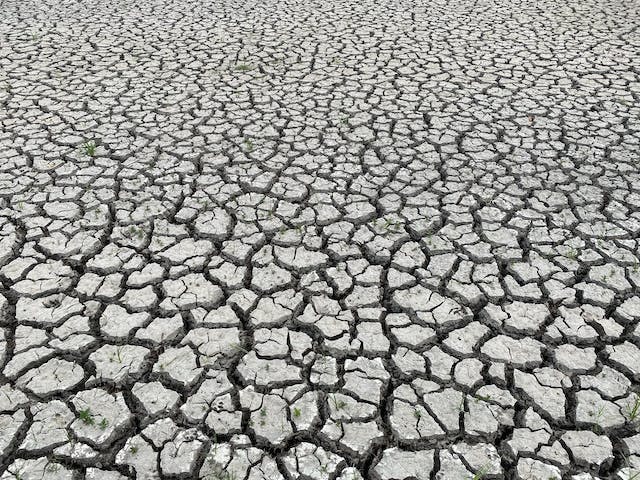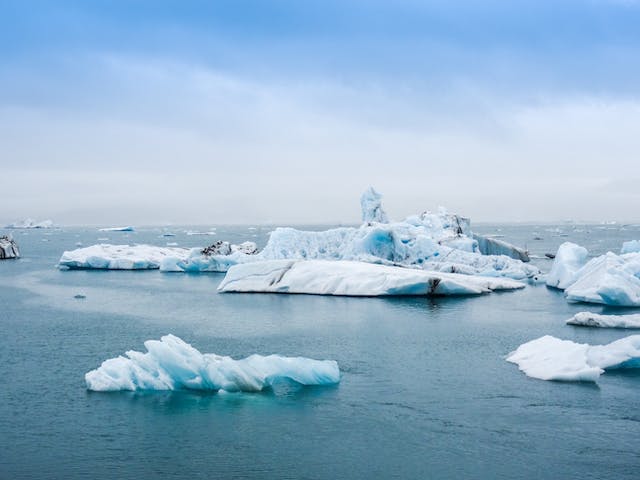
Global warming, fueled by human activities such as the burning of fossil fuels and deforestation, has emerged as a pressing environmental challenge with far-reaching consequences. Among its various impacts, one often overlooked sector is the adventure industry. From outdoor sports to ecotourism, the adventure industry relies heavily on stable and predictable natural environments. As global temperatures rise, the adventure industry faces unprecedented challenges that demand attention and sustainable solutions.Changing Landscapes:
One of the most palpable impacts of global warming on the adventure industry is the transformation of landscapes. Melting glaciers, receding snow lines, and altered ecosystems are reshaping the terrain that adventurers explore. Traditional adventure destinations may lose their appeal or become hazardous due to these changes. Ski resorts, for example, are experiencing shorter seasons and unpredictable snowfall patterns, affecting the winter sports industry.

Extreme Weather Events:
Global warming intensifies extreme weather events, including hurricanes, wildfires, and storms. These events pose significant risks to adventurers, leading to increased accidents, injuries, and fatalities. The unpredictability of weather patterns makes it challenging for adventure companies to plan and execute activities safely, impacting their bottom line and reputati
Rising Sea Levels:
Coastal adventure activities, such as snorkeling, scuba diving, and kayaking, are at risk due to rising sea levels. Coral reefs, crucial for marine biodiversity, are under threat as warmer and more acidic oceans stress these delicate ecosystems. This jeopardizes the livelihoods of communities dependent on marine-based adventure tourism, while also diminishing the overall quality of the experience for visitors.

Ethical Tourism and Sustainability:
As awareness of global warming grows, travelers are becoming more conscious of their environmental impact. Adventure companies are under increasing pressure to adopt sustainable practices and reduce their carbon footprint. This shift towards ethical tourism requires investments in eco-friendly infrastructure, renewable energy sources, and conservation efforts, challenging the industry to balance profit with environmental responsibility.
Economic Impact:
The adventure industry is a significant contributor to local economies, especially in regions dependent on tourism. Global warming-induced disruptions can lead to economic downturns, job losses, and increased poverty in these areas. Sustainable practices and adaptation strategies are crucial for the industry’s resilience and for supporting the communities that rely on adventure tourism for their livelihoods.

Lastly:
Global warming is reshaping the world we live in, and its impacts on the adventure industry are profound. From changing landscapes to extreme weather events and ethical considerations, the industry faces complex challenges that demand innovative solutions. Embracing sustainability, promoting conservation, and adapting to a changing climate are not only essential for the survival of the adventure industry but also for the preservation of the diverse and awe-inspiring environments that make adventure tourism possible. As we confront the realities of global warming, the adventure industry must navigate a path that ensures both environmental resilience and the continued enjoyment of the natural wonders that make it thrive.








